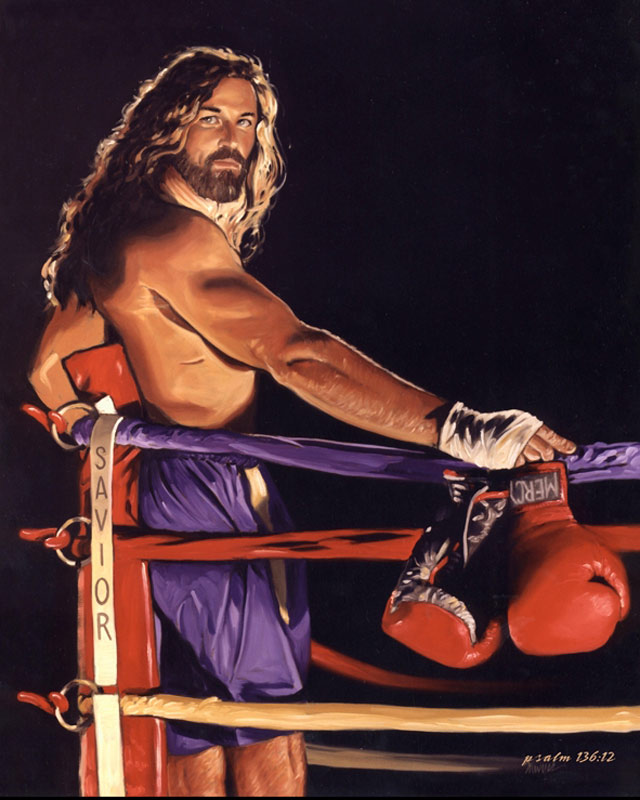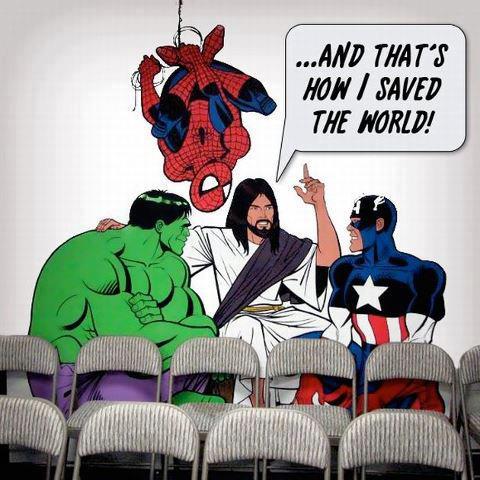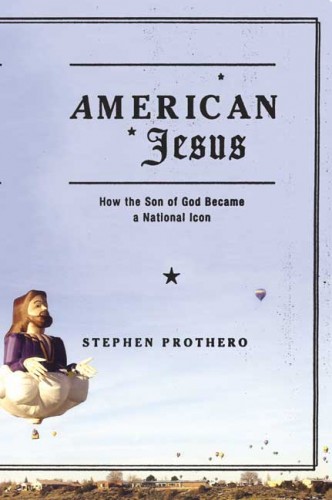
Babe Ruth taught me one thing: “Remember, kid,” he said, “there’s heroes, and there’s legends. Heroes get remembered, but legends never die. Follow your heart, kid, and you’ll never go wrong.” All right, sure… maybe that was the not-so-historical Great Bambino from The Sandlot talking, but still, his advice has stuck with me since I was a wee lad. I believe it was my freshman year of high school that I heard Chad Kroeger of Nickelback opine, “They say that a hero can save us, I’m not gonna stand here and wait.” And I’ll never be able to expunge from my mind Mariah Carey’s message I endlessly received via the Easy Listening stations all throughout my childhood spent in the car: “A hero lies in you.” Between Babe Ruth, Chad Kroeger, and Mariah Carey, heroism has been brainwashed into me. I’m not alone, though. We Americans, like most other cultures in various times and places, cannot get enough of heroes, evidenced by our tales in which we either become heroes or, by disastrous scenarios, require a superhero to save us.
 The American hero fix doesn’t show signs of abating, either. Hercules is set to open July 25 in theaters, and last year, of course, there was the blockbuster Man of Steel. This sort of films always provoke endless conversation about the protagonist being a Christ figure, so we should expect to see at least a comment or two connecting Hercules with Christ before the end of the month. Before we pass the topic of Superman, it’s worth mentioning the Entertainment Weekly article that Will McDavid pointed us to last summer regarding Man of Steel:
The American hero fix doesn’t show signs of abating, either. Hercules is set to open July 25 in theaters, and last year, of course, there was the blockbuster Man of Steel. This sort of films always provoke endless conversation about the protagonist being a Christ figure, so we should expect to see at least a comment or two connecting Hercules with Christ before the end of the month. Before we pass the topic of Superman, it’s worth mentioning the Entertainment Weekly article that Will McDavid pointed us to last summer regarding Man of Steel:
Man of Steel’s ironic Super-Jesus…takes The Adversary out once and for all with a much-talked-about act of violence that represents shocking violation of Superman’s storied turn-the-other-cheek, Thou Shalt Not Kill code of ethics.
But this is not your father’s Superman, or his metaphorical Jesus. Man of Steel is subversive mythology for atheists that exalts a Superman who behaves the way they think God should but doesn’t.
Which brings me to my next point.
 Stephen Prothero, professor of Religion at Boston University, authored American Jesus: How the Son of God Became a National Icon way back in 2003. The book recounts the history of Jesus as a cultural figure in the United States from the days of Thomas Jefferson to the 21st century. Jesus has evidently put on all sorts of hats: Enlightened Sage, Sweet Savior, Manly Redeemer, Superstar, you name it; he has had more makeovers than Extreme Makeover ever thought about performing; he has been feminized, masculinized, divinized, humanized, and reincarnated into various ethnic, religious and non-religious spheres. Jesus, we must admit, is truly an eclectic personality, an icon of American diversity and freedom. Or in Babe Ruth’s way of putting it, he’s not just a hero, he is a legend.
Stephen Prothero, professor of Religion at Boston University, authored American Jesus: How the Son of God Became a National Icon way back in 2003. The book recounts the history of Jesus as a cultural figure in the United States from the days of Thomas Jefferson to the 21st century. Jesus has evidently put on all sorts of hats: Enlightened Sage, Sweet Savior, Manly Redeemer, Superstar, you name it; he has had more makeovers than Extreme Makeover ever thought about performing; he has been feminized, masculinized, divinized, humanized, and reincarnated into various ethnic, religious and non-religious spheres. Jesus, we must admit, is truly an eclectic personality, an icon of American diversity and freedom. Or in Babe Ruth’s way of putting it, he’s not just a hero, he is a legend.
The German philosopher Ludwig Feuerbach posited that God is really just a projection of humanity, a non-existent being created by mankind. If we might be permitted to use Feuerbach’s thesis as a lens to speak of Jesus momentarily, it would seem that in light of the evidence that Prothero puts forward, Jesus is really just a projection of American desires and dreams. He really is whoever you want him to be. As Prothero writes,
In From Jesus to Christ (1988), Paula Fredriksen has described how the early Church transformed Jesus the man into the Christ of the creeds. In the United States, Americans reversed that process. As they made it possible to reject the Calvinist Christ, the creedal Christ, and the biblical Christ, Jesus became accessible to Americans who could not believe in predestination, the Trinity, or the inerrancy of the Bible. As they disentangled Jesus from Christianity itself, Jesus piety became possible even for non-Christians. To be sure, not all Americans went this far. After the American Jesus—born in Jefferson’s White House and raised by evangelical and liberal Protestants—turned his back on his Christian upbringing and struck out on his own in multireligious America, conservative believers beckoned him back to what many still believe is a Christian nation. But the genie was out of the bottle, and Americans of all religious persuasions (and none) now felt free to embrace whichever Jesus fulfilled their wishes.
So despite the fact that Superman (or Hercules for that matter) and Jesus may bear a striking resemblance, something just isn’t quite right. It was precisely this that occurred to my friend, Caleb, and me as we were recently reading through Beowulf together, a story known for its allusions to Christ and other biblical themes. But one must ask as Beowulf fights Grendel, Grendel’s mother, and the dragon with force and strength: does this really capture the Gospel? In one sense, it does: “[B]ehold, a white horse! The one sitting on it is called Faithful and True, and in righteousness he judges and makes war” (Revelation 19:11) The message is that Jesus is the Warrior-King who will fight on behalf of his people, rescuing his creation from the enemy. “Weep no more; behold, the Lion of the tribe of Judah, the Root of David, has conquered…” (5:5) But this is only part of the story, which is one reason why Superman, Hercules, and Beowulf don’t cut the mustard.
The Gospel of Mark wishes to highlight Jesus’ right to the throne as well. That Jesus is king is central to the identity of Jesus, which Mark wishes to underscore (hence, Jesus announces the kingdom in Mark 1:15). But Mark also wants us to know something very important about this kingdom of God. Yes, Jesus has come to take back the stolen creation (see Mark 3:27), but he will conquer by laying down his life. He will not battle one power-play with another power-play, which is precisely why Mark shows the centurion’s recognition of Jesus’ true identity as the Son of God only after he is crucified.
Thus, the Lion, the Apostle John likewise hastens to add, is also the Lamb who appears “as though it had been slain” (Revelation 5:6). The point is the one that the Reformer Martin Luther discovered, namely, that God appears sub contrario, under his opposites: God reveals himself where we least expect to find him. So unlike the superheroes whose efforts only provide temporary relief and who feed the current state of affairs only more with their heroic acts, Jesus the Christ is seen as one who lays down his life to bring an end to this world order. Jesus is the Lion-like Lamb who defeats death by taking death on himself, and he is the Lamb-like Lion who sets the captives free.

COMMENTS
Leave a Reply












